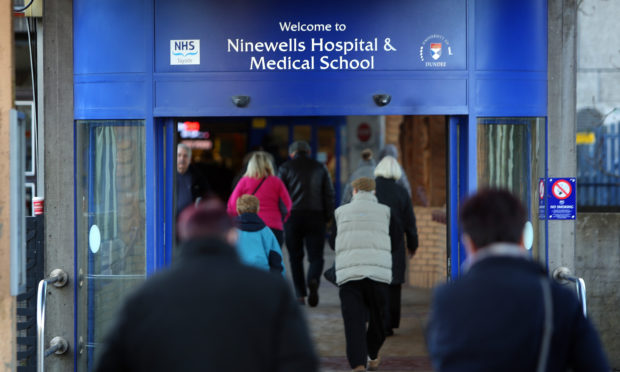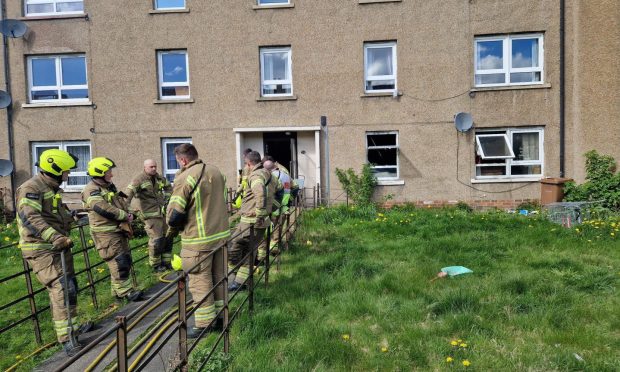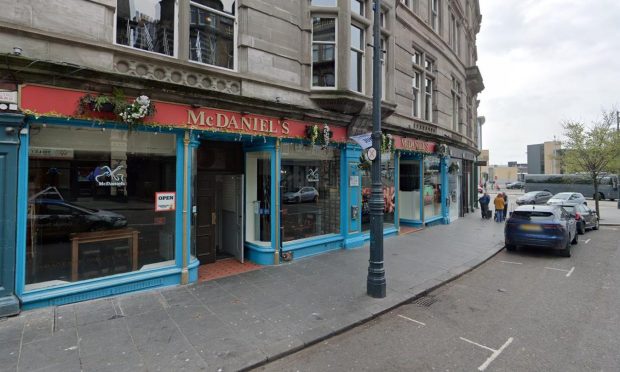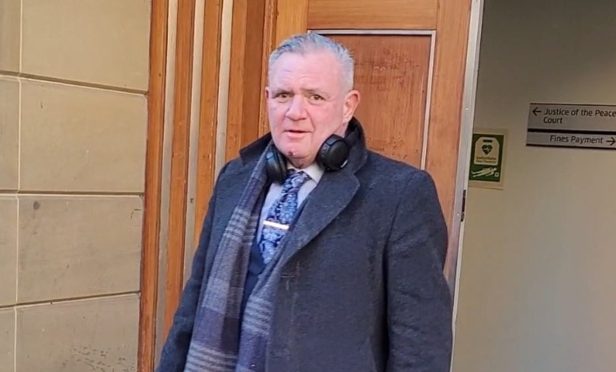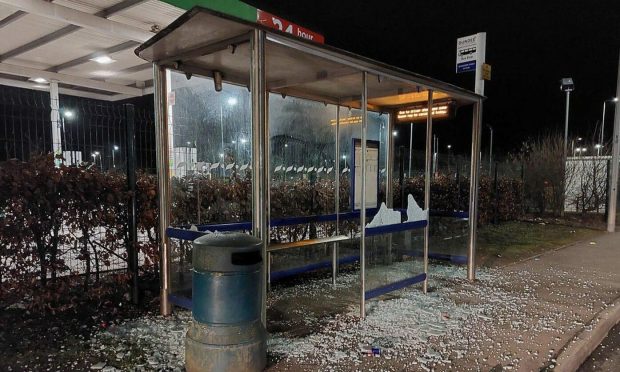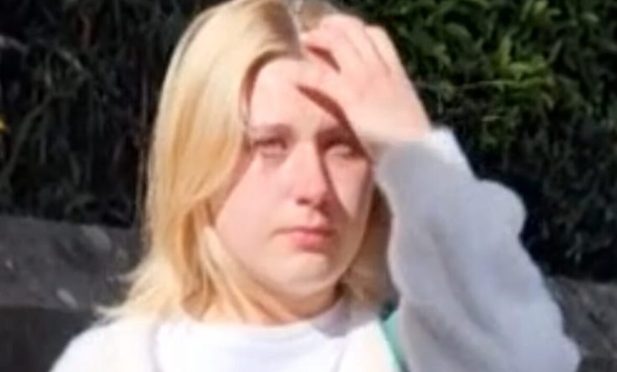Health bosses in Tayside have been ordered to apologise to the family of a woman who died following “exceptionally high risk” cancer surgery and a litany of failures in her care.
The patient, named only as Mrs A, developed excess fluid around her lungs and an infection following surgery to treat renal cell carcinoma, a type of kidney cancer, in August 2017.
The Scottish Public Services Ombudsman (SPSO) took independent advice from a consultant urologist and ruled the decision to refer Mrs A for the procedure was “unreasonable”.
It found there was a low risk the renal cell carcinoma would harm Mrs A but she was at exceptionally high risk from kidney surgery. Investigators recorded failings in the consent procedure as risks and non-surgical options had not been properly discussed.
Mrs A’s condition continued to worsen following the operation and she died the following month, one day after being discharged home for end of life care.
The SPSO found there was an “unreasonable delay” in recognising she had developed a haemothorax, a collection of blood in the lung cavity, but this was subsequently treated appropriately.
A report by the watchdog outlined how NHS Tayside also failed to give Mrs A reasonable nursing care, or provide proper pain relief when she was sent home.
It states: “We took independent nursing advice.
“We found a number of failings in Mrs A’s nursing care in relation to the prevention of pressure ulcers (an injury to the skin and underlying tissue, usually caused by prolonged pressure), diabetes management and nutritional care.”
The report continues: “We found Mrs A was not prescribed enough hours of pain relief medication; and she should have been given a syringe driver (a machine that delivers continuous pain relief medication), as otherwise a carer would have had to give her hourly injections.”
NHS Tayside has been told to make eight improvements, including giving “full consideration” in similar circumstances to non-surgical treatment options for patients with renal cell carcinoma.
The health board’s own complaints process did not identify or address all of the failings. It has now apologised to Mrs A’s family but the SPSO said it expects evidence that appropriate action has been taken.
The watchdog said: “We upheld all aspects of (Mrs A’s daughter’s) complaint. We made a number of recommendations to address the issues identified.
“The board have accepted the recommendations and will act on them accordingly. We will follow up on these recommendations.”
A spokeswoman for NHS Tayside said it was “sincerely sorry that treatment and care in this case fell below the standard we would expect”.
She added: “We accept all the recommendations made in the report and an action plan is being developed to meet the recommendations within the agreed timescales.
“We will be contacting the family again to apologise and offer the opportunity for a meeting with the clinical lead for urology.”
